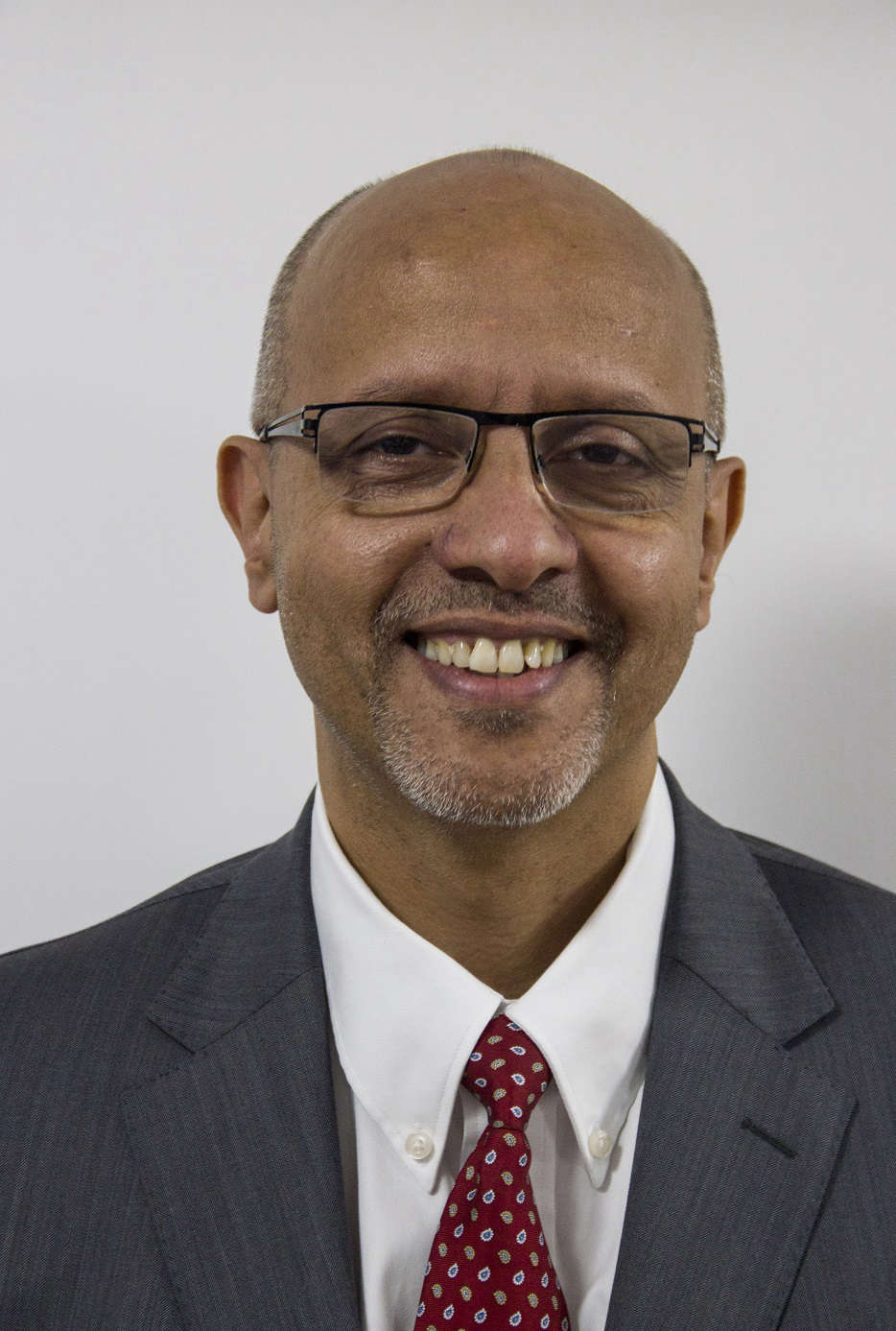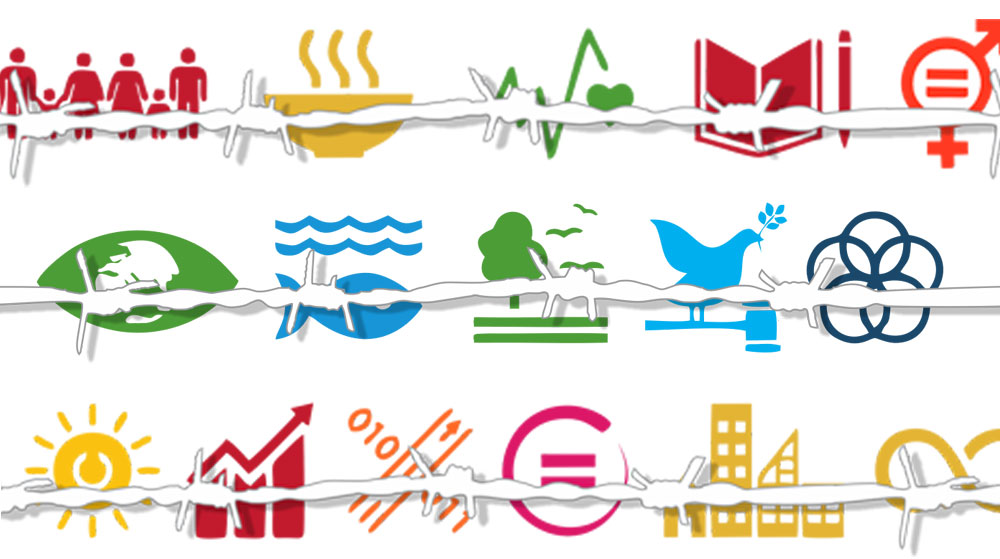The Sustainable Development Goals (SDGs), also known as the Global Goals, are an internationally agreed set of targets that aim to achieve just, inclusive, and long-term development in all countries. These 17 goals build on the successes of the Millennium Development Goals (MDGs) while including new areas such as climate change, economic inequality, innovation, sustainable consumption, and peace and justice, among other priorities. Central to the goals is the spirit of global partnership, which recognizes the need for international collaboration to overcome some of the greatest challenges of our time. The goals provide clear guidelines and targets for all countries to adopt in accordance with their own priorities and challenges. The Palestinian government is strongly committed to achieving the SDGs wherever possible within the confines of occupation.
Globally and here in the State of Palestine, achieving the SDGs will not be easy. As we all know, long-term development in the Palestinian state means something different than in the rest of the world. Fifty years of occupation and ten years of siege in Gaza have created a unique development landscape with a set of challenges unlike any other context on earth. Normal “development” rules simply do not apply to the State of Palestine.
In many senses, occupation has pushed the State of Palestine into what is often termed a state of de-development. While the Oslo Accords have created limited pockets of growth and prosperity concentrated in areas A and B, these are not shared with the rest of the occupied Palestinian territory. This has fuelled inequality and fragmentation, to the detriment of most Palestinians. In Area C and East Jerusalem, building a house for one’s family, getting a decent education, or even just connecting to a water network is often an elusive dream. Finding a job, especially for young people, has never been tougher. And Palestinians living in legal limbo in Hebron H2, Seam Zones, or East Jerusalem find it impossible to access even a semblance of justice.
In Gaza, incursions and the block-ade have created a devastating humanitarian situation. Unemployment is now one of the highest in the world, 95 percent of Gaza’s water is undrinkable, and thousands are living without power or even shelter. As we enter the third winter since the 2014 hostilities, the situation becomes ever more precarious. The United Nations has predicted that if we do not act now, Gaza could be uninhabitable by 2020. How can there be sustainable “development” in Gaza when the very opposite is happening now?
In November of last year, policymakers and stakeholders from across the West Bank, including East Jerusalem, and Gaza came together at the first annual Palestine Resilience Conference to discuss the future of development in the State of Palestine. Everyone was in agreement that throughout 50 years of occupation, Palestinians practicing the indigenous concept of sumud, or steadfastness, have demonstrated their remarkable ability to cope in impossible conditions time and time again. Yet as the occupation becomes more and more entrenched, this capacity is being eroded. Resilience is not about Palestinians enduring and adapting to an occupation that lasts forever. It is about achieving true transformation that allows Palestinians control over their own lives, to develop, grow, and prosper as they choose.
Resilient and sustainable development means gains in peace, justice, and fairness that cannot be undone or undermined by an occupying power. It also means growth and investment in one’s family business that cannot be reversed by a demolition. It is about securing your community and nation’s future in the long term, not learning to cope with existing political oppression. Sustainable development has and always will be at the heart of the Palestinian struggle for freedom, independence, and sovereignty. That is something all of us here today understand.
At the United Nations, the SDGs and the implementation of the 2030 Agenda are at the heart of our work and seen as a priority not just for us but also for the State of Palestine’s governmental and nongovernmental institutions. UNDP is leading the UN SDG Task Force and supporting the government, private sector, and civil society in advancing and contextualizing the SDGs and related agenda. Therefore, it becomes more and more clear that there is not one aspect of Palestinian development that is not constrained, impeded, or restricted by the occupation. I am not just talking about addressing poverty, accessing healthcare, or achieving peace and justice – things we are all familiar with. I am also talking about aspects of development you might never have considered, such as waste management, responsible fishing, and urban planning. Did you know that if a Palestinian state were allowed to develop geothermal energy resources, it could reduce household energy costs by 70 percent? Or that eliminating checkpoints and access restrictions could reduce the journey time of a pregnant woman to her nearest hospital by 85 percent? All these aspects are enshrined in the Sustainable Development Goals. Realizing any of them means finding political solutions and overcoming the constraints of occupation to achieve sustainable development in the State of Palestine.
When the governments of the world signed on to the SDGs, they also signed on to the guiding principle of national ownership. That means sustainable development formulated and guided by nations themselves, in government, the private sector, and civil society. The Millennium Development Goals have already shown that when Palestinians are given control of development they can accomplish amazing things. We have achieved literacy rates of 95 percent and gender parity in Palestinian schools in a single generation. Literacy among women is among the highest in the Arab world, and Palestinian men and women are among the most educated people on the planet. This is something all Palestinians should be immensely proud of. This shows beyond a shadow of a doubt that when Palestinians have the independence to take control of human development, there is no limit to what they can achieve.



